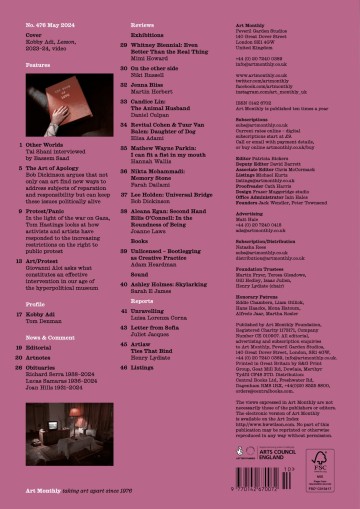Art Monthly 476
May 2024
Tai Shani
Interviewed by Bassem Saad
The Art of Apology
Bob Dickinson
Protest/Panic
Tom Hastings
Art/Protest
Giovanni Aloi
Buy Now – select:
Want to read this right now?
Get instant access to the entire back catalogue via Exact Editions from only £8.99!
Contents
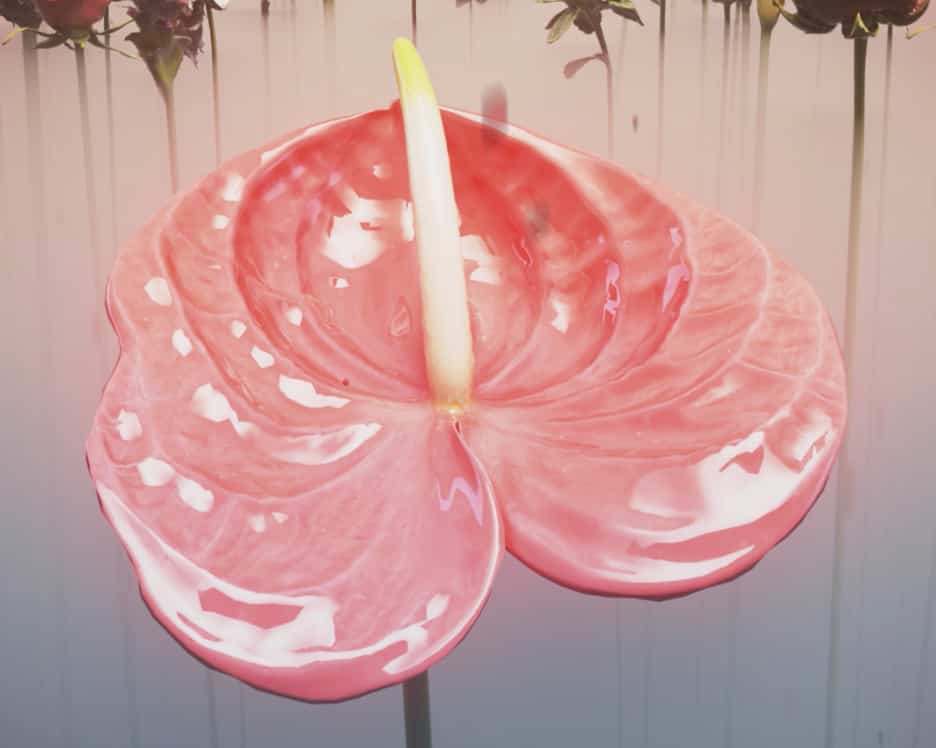
Tai Shani, My Bodily Remains, Your Bodily Remains, and All the Bodily Remains that Ever Were and Ever Will Be, 2023
Interview
Other Worlds
Tai Shani interviewed by Bassem Saad
We are continuously put in a position where we feel we are starting from ground zero, when in fact we are part of what I think of as a collaborative anthem crossing time and space.
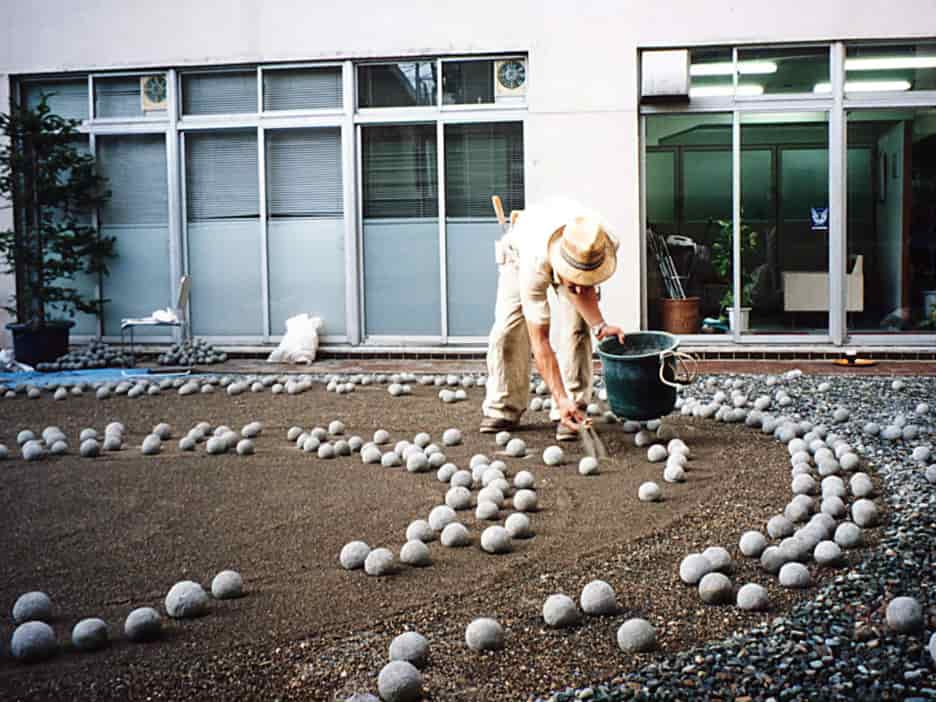
Peter Santino, I Am Sorry, 1995
Feature
The Art of Apology
Bob Dickinson argues that not only can art find new ways to address subjects of reparation and responsibility but can keep these issues politically alive
The theme of failure embodied in the ephemeral nature of Peter Santino’s I Am Sorry’s construction also emphasised the extent to which apologising, for real, is so fraught with difficulty. Even when it is sincere, an apology may still not seem like nearly enough.
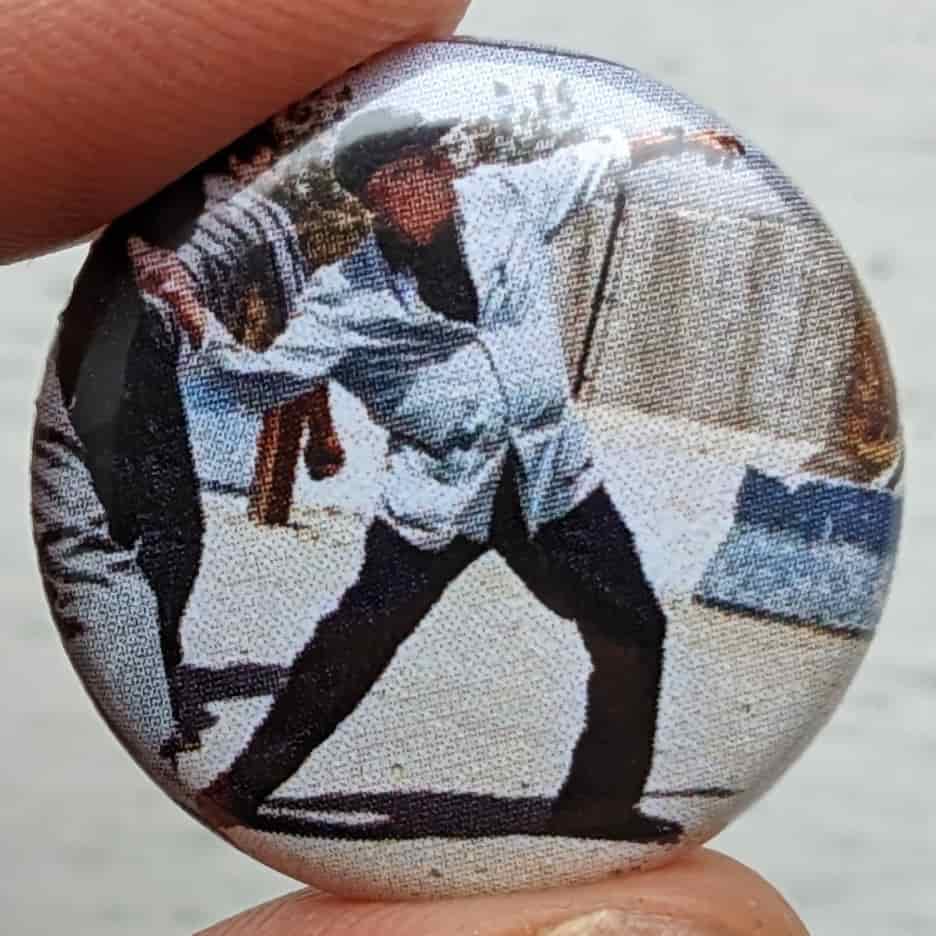
badge depicting Edward Said printed by Sam Keogh to raise money for Palestine Action
Feature
Protest/Panic
In the light of the war on Gaza, Tom Hastings looks at how activists and artists have responded to the increasing restrictions on the right to public protest
Mona Benyamin’s video work Tomorrow, Again, 2023, featured a loop of news broadcasts on events in Palestine in which the broadcasters are overwhelmed by uncontrollable belts of crying. The mainstream media may learn something from those newsreaders’ inability to communicate as normal in the face of genocide.
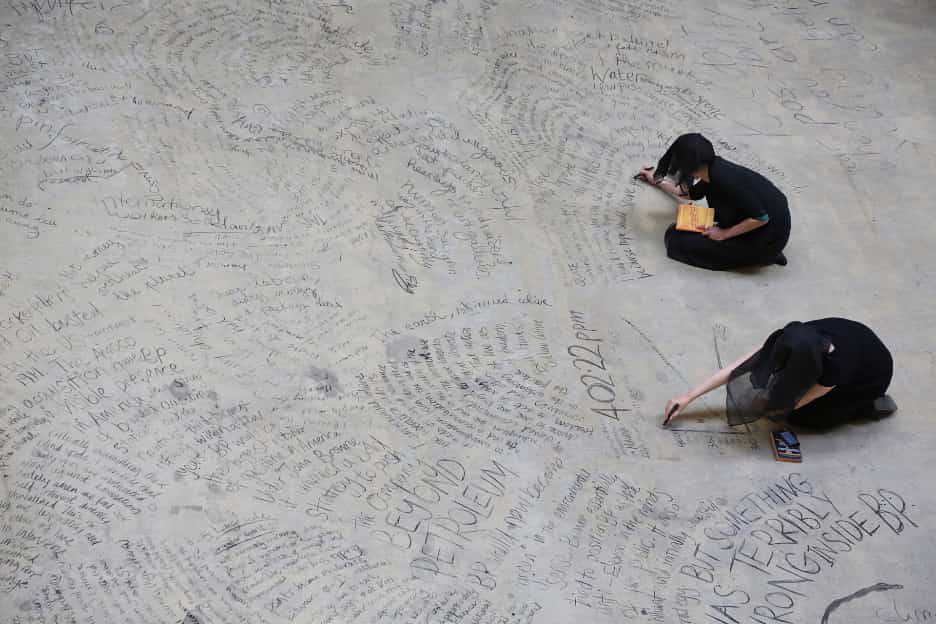
Liberate Tate, Time Piece, 2015
Feature
Art/Protest
Giovanni Aloi asks what constitutes an effective intervention in our age of the hyperpolitical museum
Protesting is a serious and deeply engaged discourse: a true art form, especially when it takes place in a museum. An archaeology of museum protests reveals sedimentations, movements, strata and ruptures that activists must learn from and reinvent.
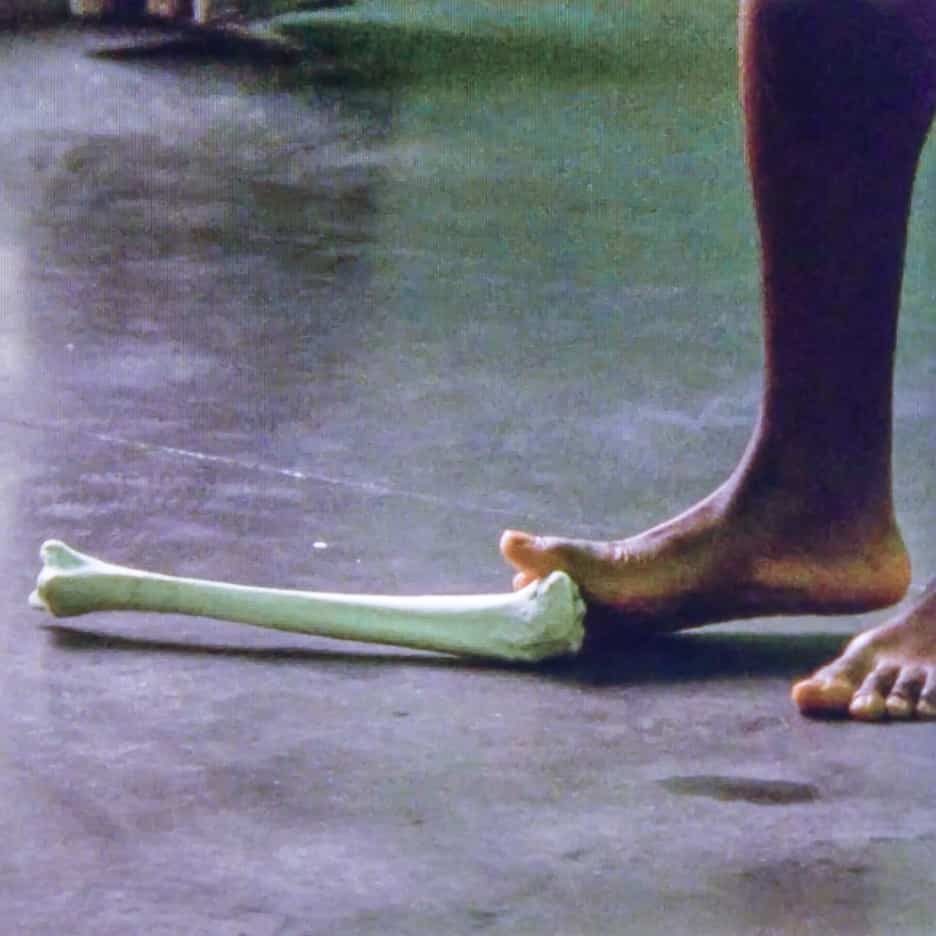
Kobby Adi, Lesson, 2023–24
Profile
Kobby Adi
Tom Denman
Rather than demystifying filmmaking – as structural film sought to do by subordinating content to form – Kobby Adi does the opposite, drawing an imperfect equivalence between the medium and his sculptures and positing the cinematic image as an immaterial presence magicked out of materials.
Editorial
No Pasaran
One of the greatest acts of protest was the formation of the International Brigade, whose volunteers came together to fight against General Franco’s fascists in the Spanish Civil War. ‘No pasaran’, they cried in the Battle of Madrid – ‘They shall not pass!’
The need to protest, and to resist the rise of the far right everywhere and by any means possible, remains; if protests were not effective, govern- ments, especially dictatorships, would not use all their power to suppress them.
Artnotes
Pavilion Politics
The artist and curators close their Israeli Pavilion at the Venice Biennale but still face protests; art buildings are bombed in Gaza and Kyiv; artists call for a boycott of the Outset contemporary art charity; Home art centre flip-flops on hosting events featuring Palestinian culture; the British Museum and the Science Museum suffer more protests over their ties to fossil fuel giants; work/live studios are studied; art education budgets are cut; Damien Hirst finds himself in a pickle of his own making; plus the latest on galleries, people, awards and more.
Obituaries
Richard Serra 1938–2024
Patricia Bickers
Lucas Samaras 1936–2024
Alison Green
Joan Hills 1931–2024
Chris Townsend
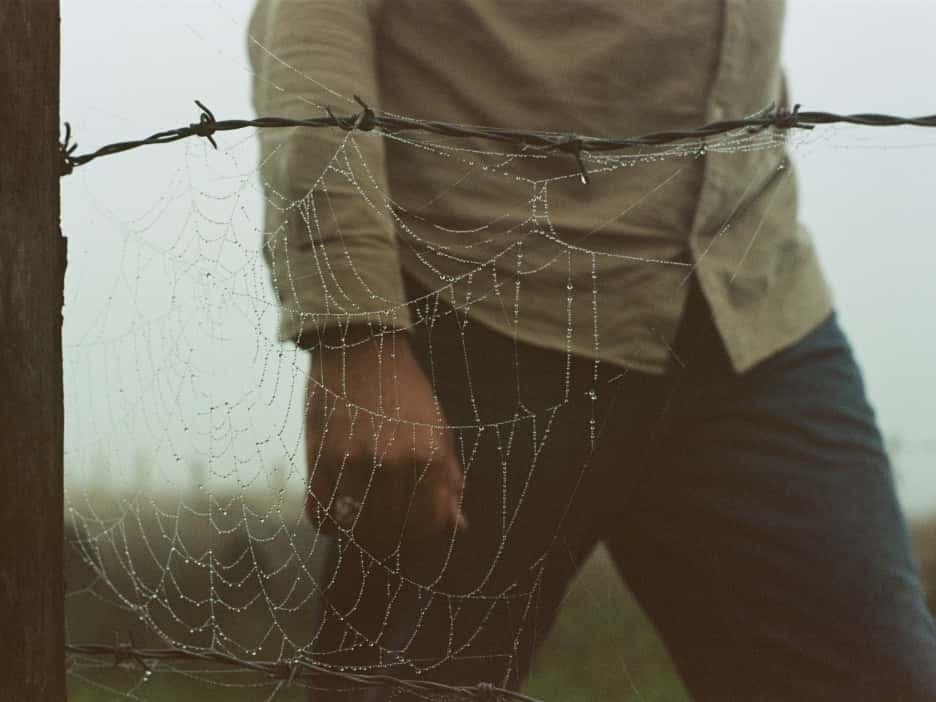
Nikita Mohammadi, Memory Stone, 2024, The Lowry, Salford
Exhibitions
Whitney Biennial: Even Better Than the Real Thing
Whitney Museum, New York
Mimi Howard
On the other side
FACT, Liverpool
Niki Russell
Jenna Bliss
Haus am Waldsee, Berlin
Martin Herbert
Candice Lin: The Animal Husband
Talbot Rice Gallery, Edinburgh
Daniel Culpan
Revital Cohen & Tuur Van Balen: Daughter of Dog
Mostyn, Llandudno
Elisa Adami
Mathew Wayne Parkin: I can fit a fist in my mouth
Cubitt, London
Hannah Wallis
Nikta Mohammadi: Memory Stone
The Lowry, Salford
Farah Dailami
Lee Holden: Universal Bridge
Cross Lane Projects, Kendal
Bob Dickinson
Aleana Egan: Second Hand
Lismore Castle Arts, Waterford
Eilis O’Connell: In the Roundness of Being
VISUAL, Carlow
Joanne Laws
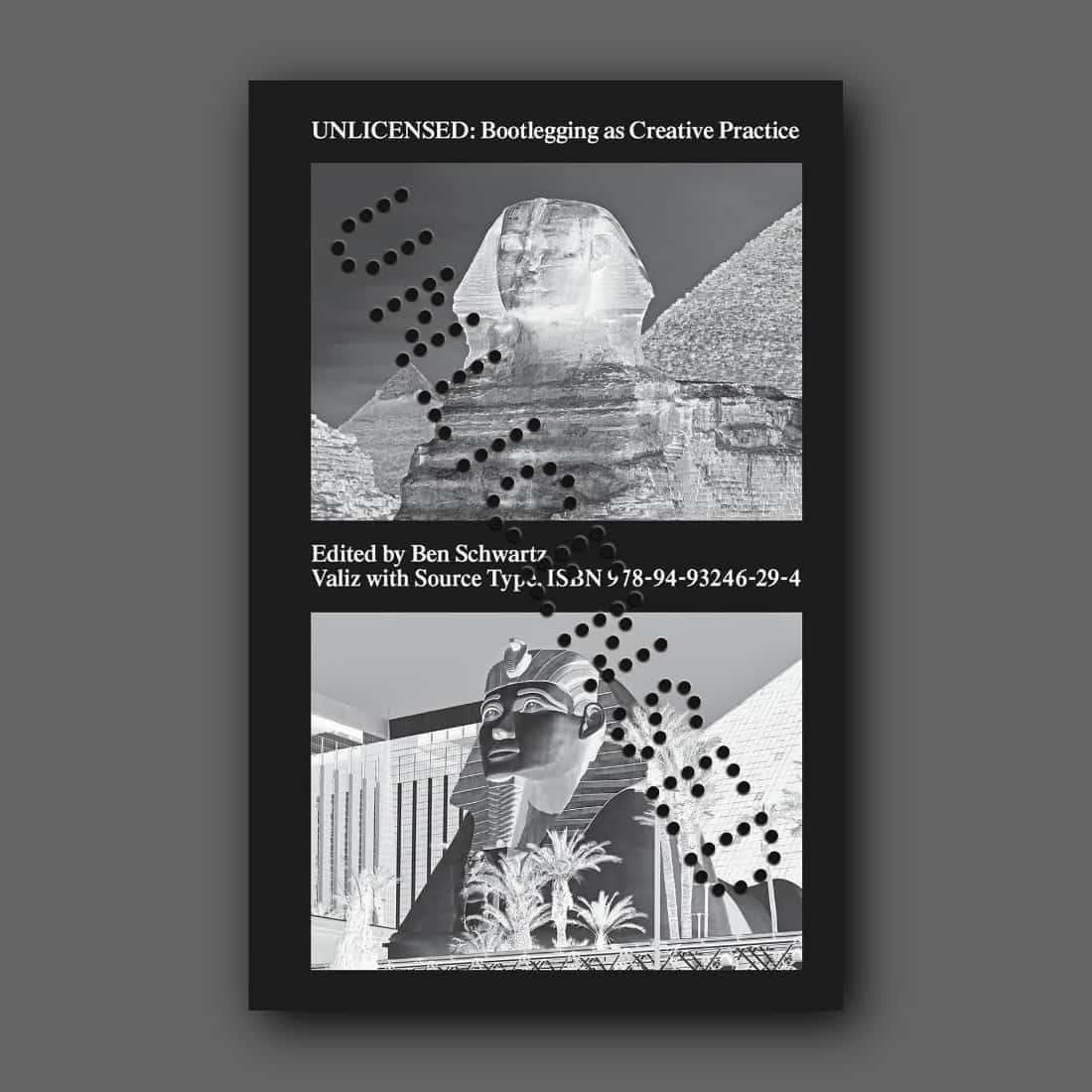
Unlicensed: Bootlegging as Creative Practice, Ben Schwartz ed
Books
Unlicensed: Bootlegging as Creative Practice
Adam Heardman
Printed on black paper, the book is a subversive object in itself, an exploratory survey presented as a 400-page zine, deliberately complicating its own medium. It feels both beautiful and disposable, making it the perfect vehicle for the (often conflicting) ideas it carries.
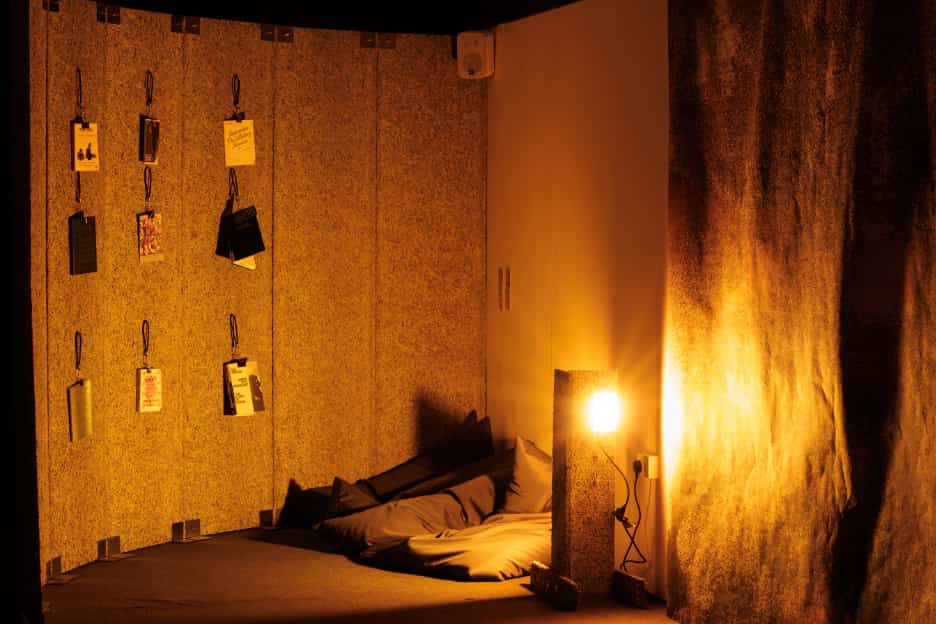
Ashley Holmes, Skylarking, 2024
Sound
Ashley Holmes: Skylarking
Sarah E James
Lit in an otherworldly amber light – as natural as firelight but as artificial as streetlight – Holmes’s sound installation resembles a kind of portal that might serve the purpose of nomadic time-travelling.

‘Unravel: The Power and Politics of Textiles in Art’, Barbican, London
Report
Unravelling
Luisa Lorenza Corna
As widely reported in the media, in February, just two weeks after its opening, collector Lorenzo Legarda Leviste requested that the Barbican withdraw his loan from the show in protest against the cancellation of writer Pankaj Mishra’s lecture. Five artists followed suit.
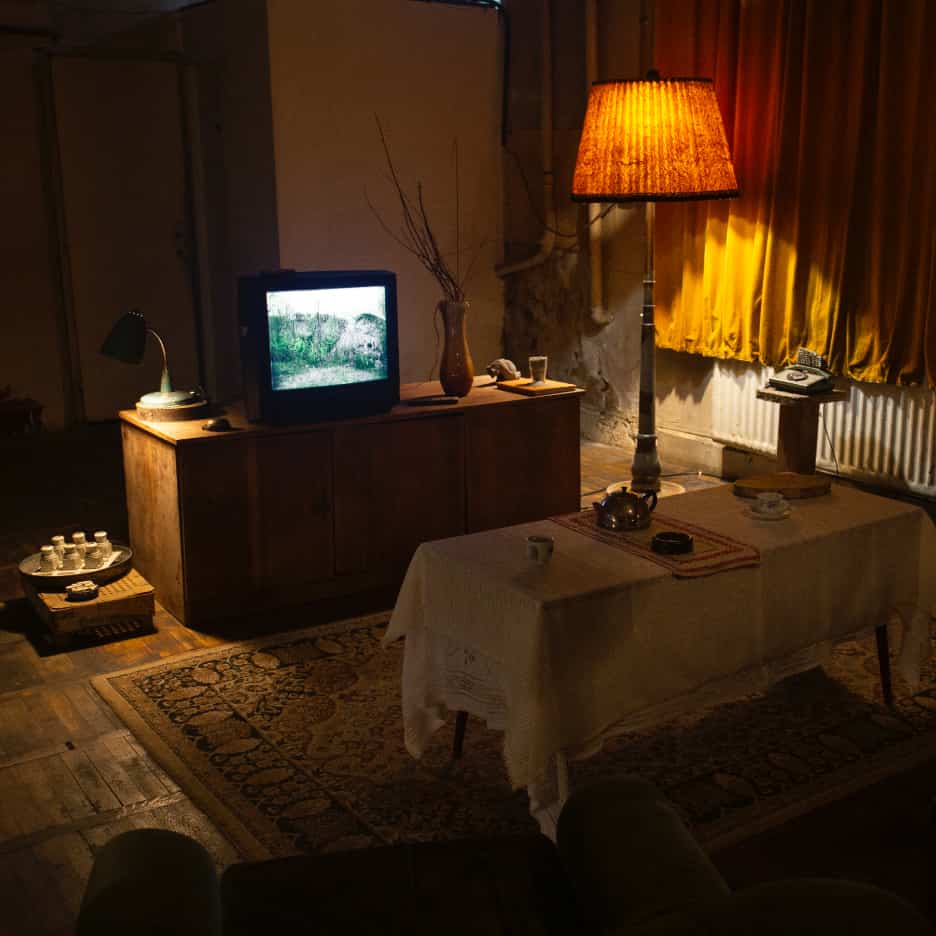
The Neighbours, installation view
Reports
Letter from Sofia
Juliet Jacques
The team wanted to counter the idea that the history of the camps could not be told due to a lack of visual documentation or because the material is so fragmented; during a long conversation in their studio on the outskirts of Sofia, they told me that for them ‘the shards are the story’.
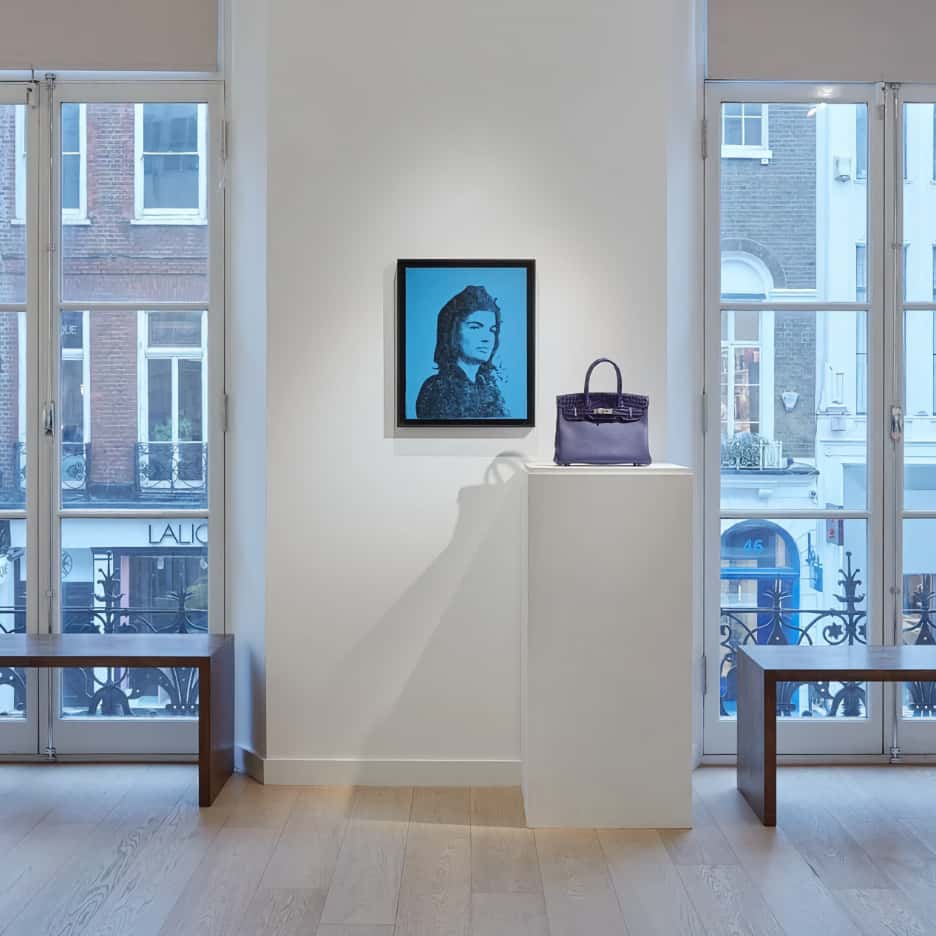
‘The Art of Hermès’, Omer Tiroche Gallery, London, 2020–21
Artlaw
Ties That Bind
Henry Lydiate
A recently filed lawsuit focuses on whether it is lawful for an exclusive trader of goods to sell only to would-be buyers deemed suitable. The eventual outcome of the case may have significance for the way dealers conduct primary sales of works by artists they exclusively represent – particularly for dealers who only sell to selected collectors.
Have Art Monthly delivered to your door


